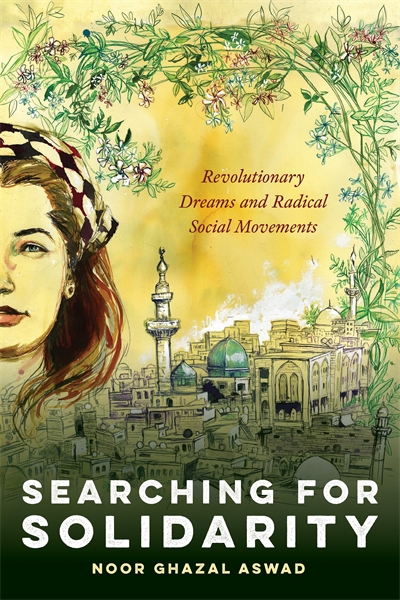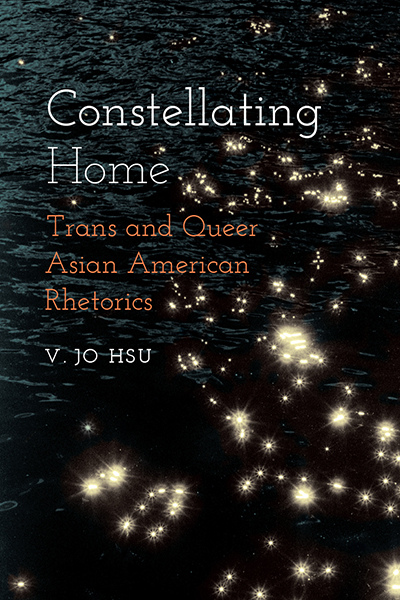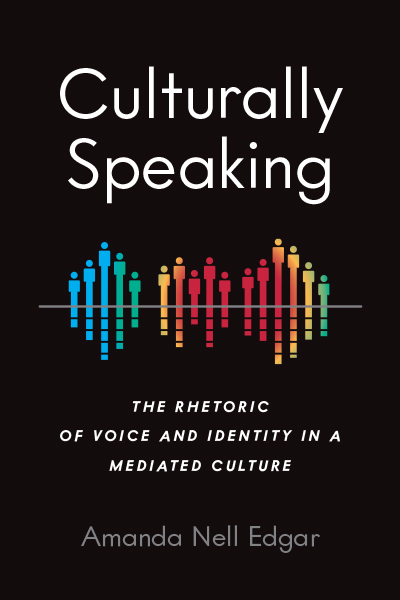INTERSECTIONAL RHETORICS
Edited by KARMA R. CHÁVEZ
New & Forthcoming Intersectional Rhetorics Titles:
Truth Be Told: White Nostalgia and Antiracist Queer Resistance in “Post-Truth” America
Laura Elliot Tetreault
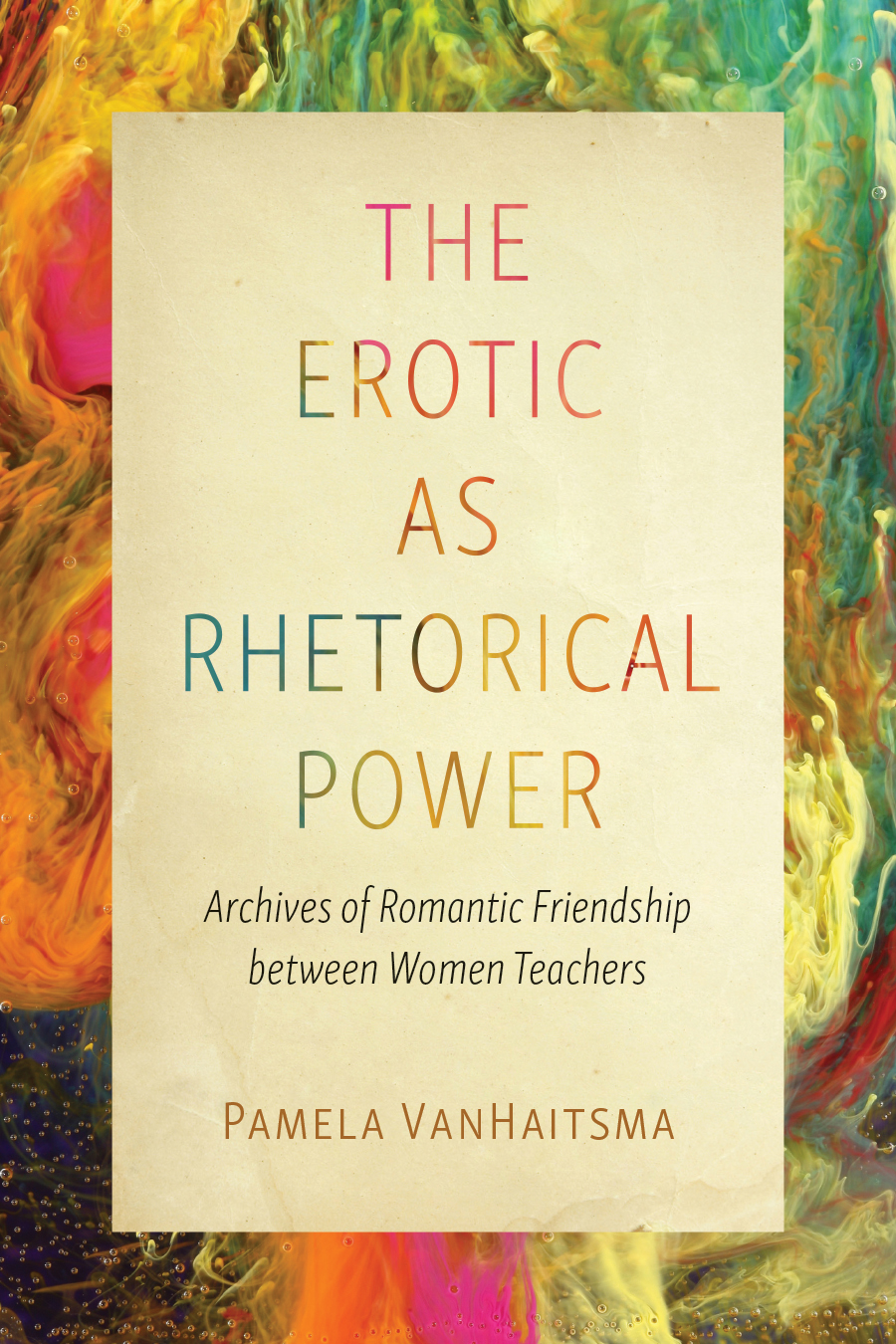
The Erotic as Rhetorical Power: Archives of Romantic Friendship between Women Teachers
Pamela VanHaitsma
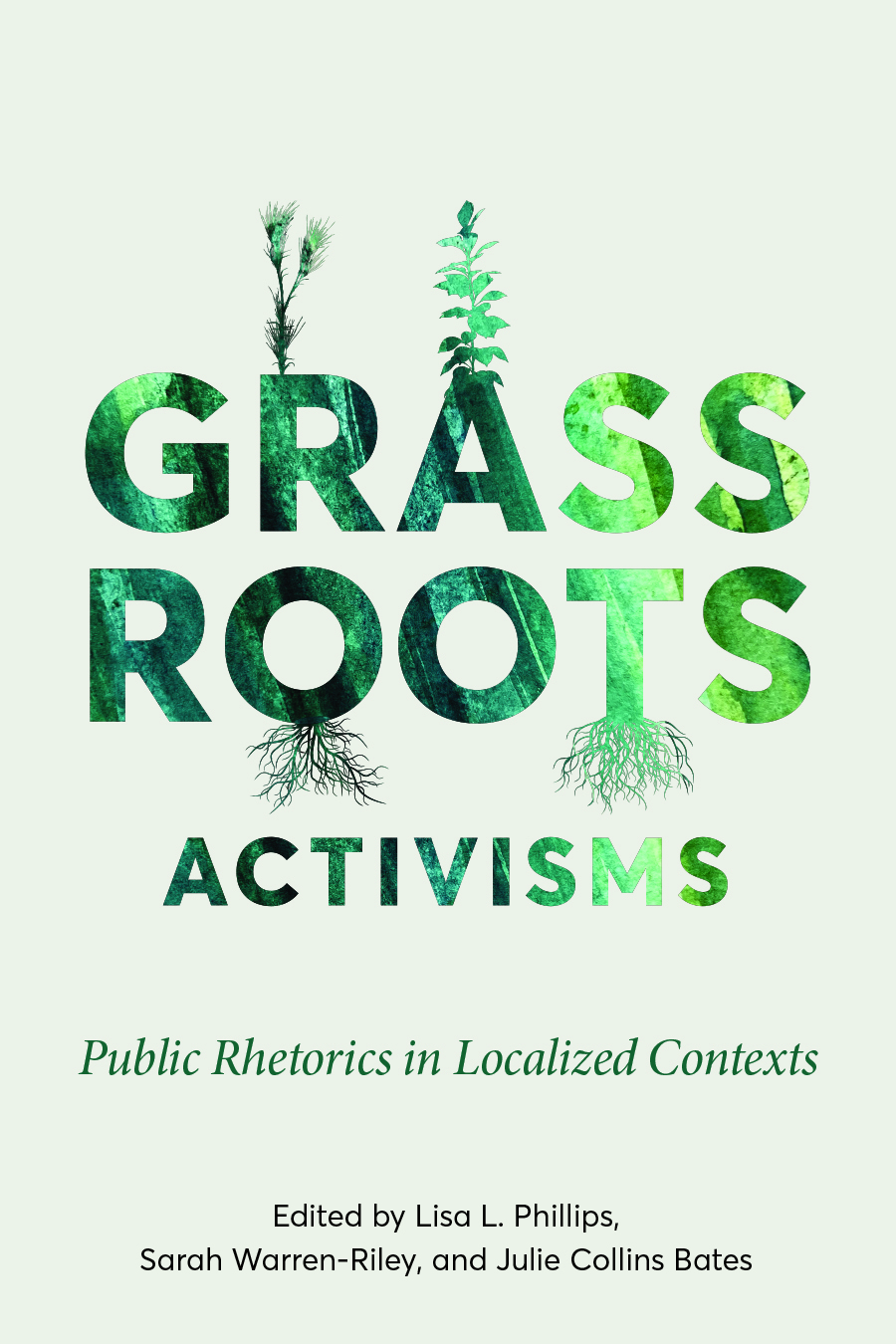
Grassroots Activisms: Public Rhetorics in Localized Contexts
Edited by Lisa L. Phillips, Sarah Warren-Riley, and Julie Collins Bates
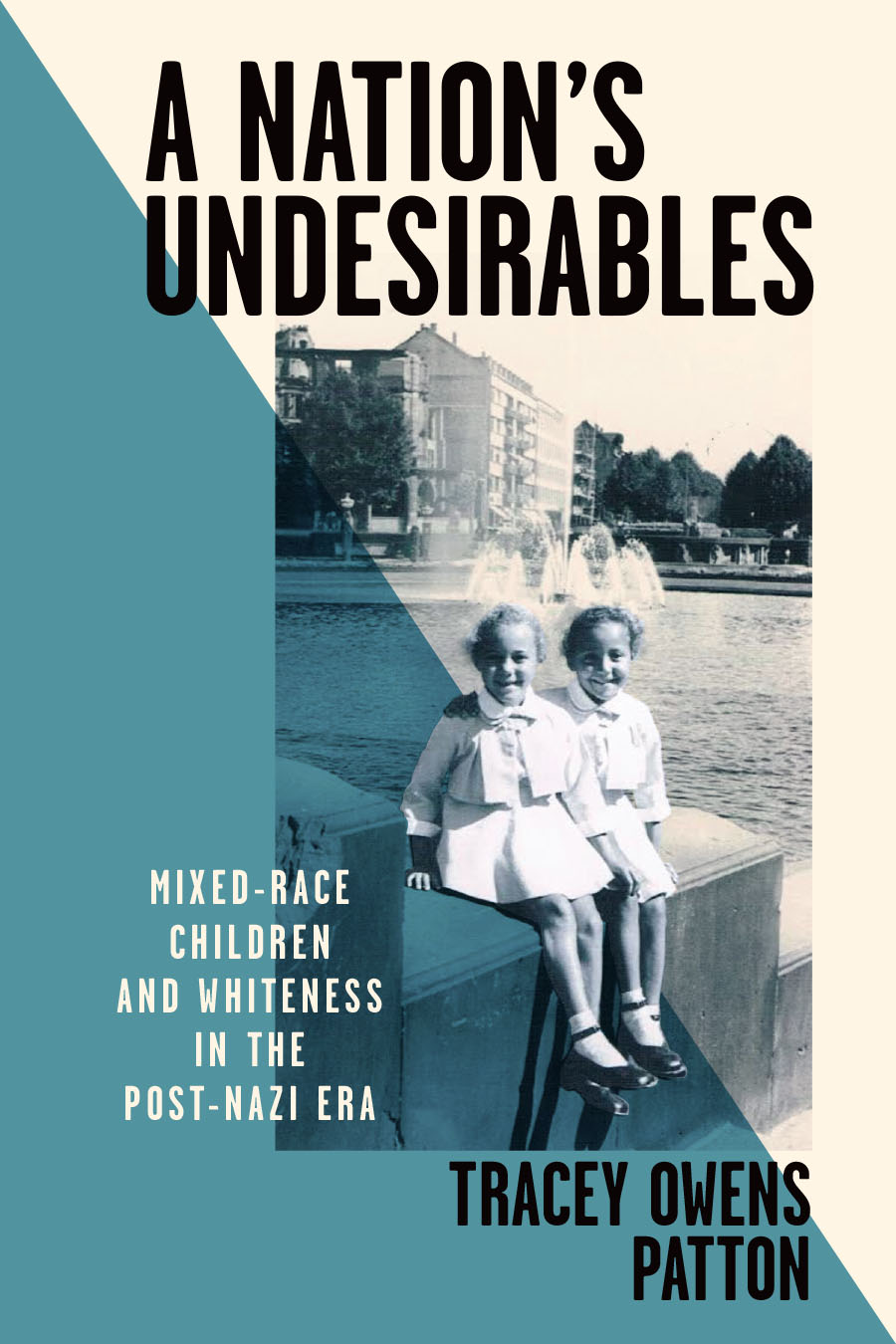
A Nation’s Undesirables: Mixed-Race Children and Whiteness in the Post-Nazi Era
Tracey Owens Patton
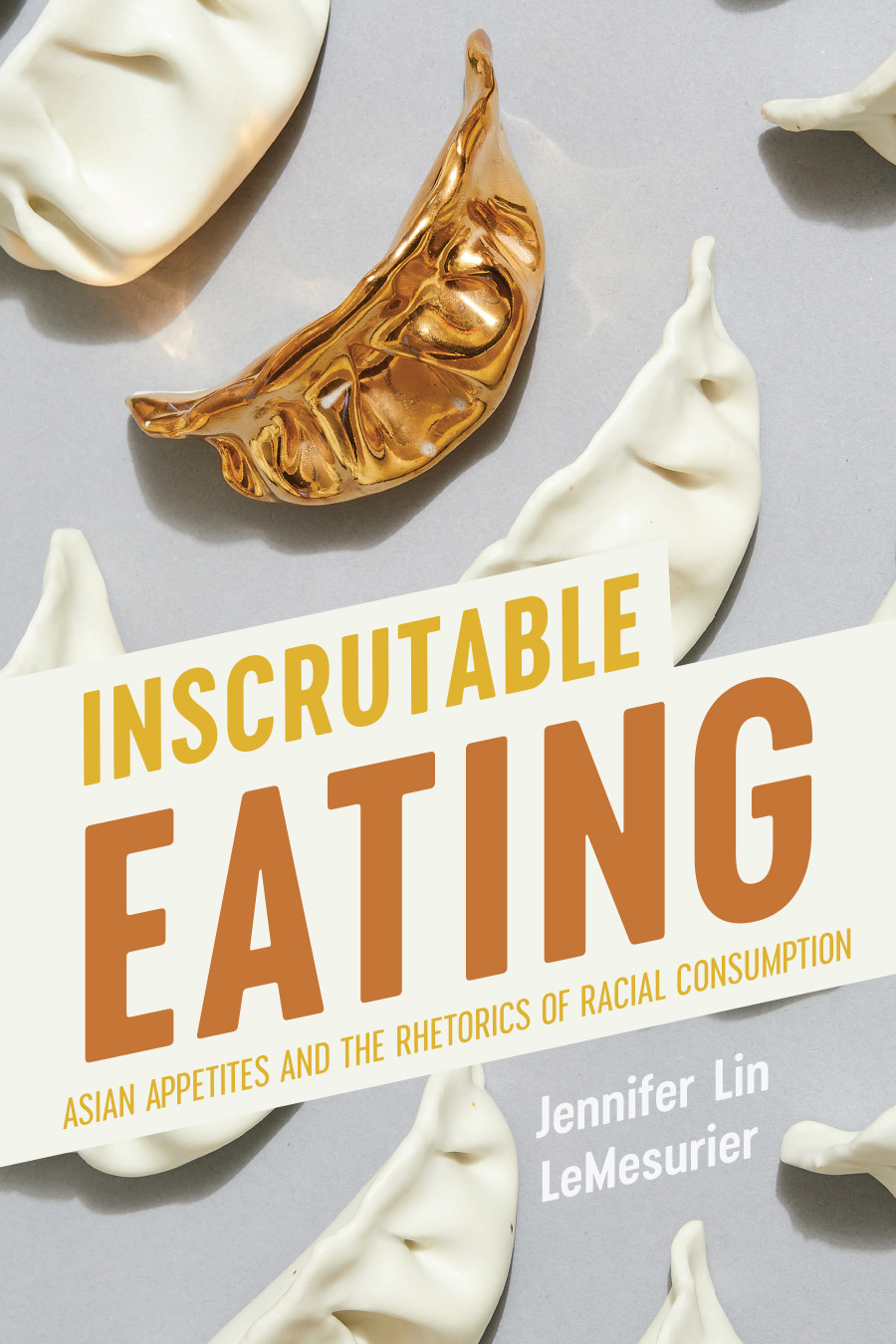
Inscrutable Eating: Asian Appetites and the Rhetorics of Racial Consumption
Jennifer Lin LeMesurier
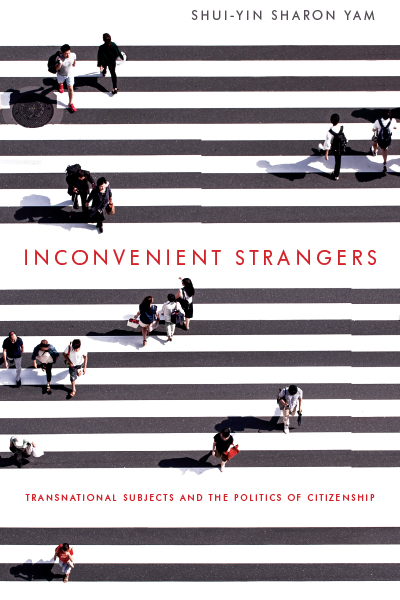
Inconvenient Strangers: Transnational Subjects and the Politics of Citizenship
Shui-yin Sharon Yam
This series takes as its starting point the position that intersectionality offers important insights to the field of rhetoric—including that to enhance what we understand as rhetorical practice, we must diversify the types of rhetors, arguments, frameworks, and forms under analysis. It calls us to account for context by attending to power, identity, difference, and marginalization in addition to rhetoric’s traditional concerns with situation: exigence, rhetor biography, and situational constraints.
In order to advance rhetoric by diversifying its scholars and its scholarship, Intersectional Rhetorics will emphasize work that addresses the rhetorical practices of marginalized and nonnormative people; publish volumes that are explicitly intersectional, both in addressing multiple modalities of power and in working across multiple fields/disciplines; and seek out authors whose perspectives and standpoints differ from the majority of rhetoric scholars.
The series seeks to create an outlet for cutting-edge rhetorical scholarship and a visible, exciting new venue for up-and-coming, as well as established, scholars in the field. As such, books published in the series must meet the following parameters:
- draw on intersectional scholarship, including that which utilizes rhetorical methods (broadly construed),
- use at least two analytical lenses or attend to at least two intersecting/interlocking modalities of power,
- align with and contribute to one or more academic discipline/field where rhetoric is featured, including but not limited to Communication Studies; Cultural Studies; Writing Studies; Disability Studies; Gender, Women, and Sexuality Studies; Ethnic and Indigenous Studies; Philosophy; Critical Literary and Media Studies; and American Studies.
Thus, the idea of intersection works on two levels for the series—(1) reflecting the series’ privileging of intersectional perspectives and analytical frames while also (2) emphasizing rhetoric’s intersection with related fields, disciplines, and research areas.
Inquiries and proposals may be sent to: Tara Cyphers, Acquiring Editor. In addition to meeting OSU Press book proposal guidelines, your proposal should also include a statement of how the book project fits with the aims and scope of the series.
About the Series Editor

Karma R. Chávez is known as a key thinker on intersectional approaches in the field of rhetoric with a specific focus on women of color feminisms, queer theories, critical race theories, social movements, coalitional building, and immigration politics. Chávez has authored the book Queer Migration Politics: Activist Rhetoric and Coalitional Possibilities (University of Illinois Press, 2013) and more than 40 articles and chapters that explore diverse intersectional themes. She is also coeditor of two volumes in rhetoric studies: Standing in the Intersection: Feminist Voices, Feminist Practices in Communication Studies (with Cindy L. Griffin, State University of New York Press, 2012), and Text + Field: Innovations in Rhetorical Method (with Sara L. McKinnon, Robert Asen and Robert Glenn Howard, Penn State University Press, 2016). Chávez is the recipient of numerous awards, including the 2012 New Investigator Award from the Critical Cultural Studies Division of the National Communication Association (NCA); the 2015 Puchot-Cordova Scholar of the Year Award from NCA’s La Raza Caucus; the 2015 Lambda Award for LGBTQ Advocacy from the NCA Caucus on LGBTQ Concerns; and the 2015 Peacekeeper of the Year Award from the Wisconsin Network for Peace and Justice.
Series Advisory Board
Ralph Cintron
Lisa Flores
Annie Hill
Jenell Johnson
Adela C. Licona
Charles E. Morris
Mark Minch-de Leon
Kent A. Ono
Ersula Ore
Eric Darnell Pritchard
Candice Rai
Anjali Vats
Darrel Wanzer-Serrano


